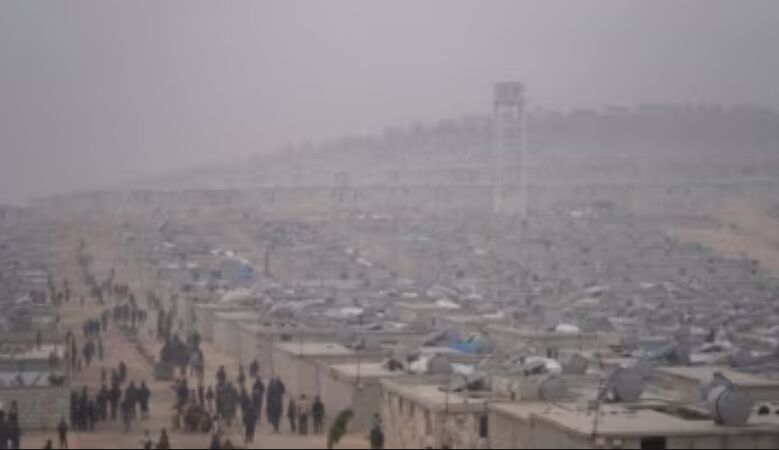UN Establishes Independent Body to Find Missing in Syria War
The United Nations General Assembly recently approved a resolution that will establish an independent body to investigate and determine the fate of the more than 130,000 people missing as a result of the conflict in Syria. The resolution, which was adopted by the 193-member world body with 83 votes in favour, 11 opposed and 62 abstentions, was an important response to appeals from families and loved ones of the missing. Syria, Russia, China, Belarus, North Korea, Cuba and Iran voted against the resolution.
The United Nations General Assembly recently approved a resolution that will establish an independent body to investigate and determine the fate of the more than 130,000 people missing as a result of the conflict in Syria. The resolution, which was adopted by the 193-member world body with 83 votes in favour, 11 opposed and 62 abstentions, was an important response to appeals from families and loved ones of the missing. Syria, Russia, China, Belarus, North Korea, Cuba and Iran voted against the resolution.
The resolution authorises the establishment of an Independent Institution of Missing Persons in the Syrian Arab Republic, under UN auspices, “to clarify the fate and whereabouts of all missing persons”. Victims, survivors and the families of the missing should be represented in the new body, which will be guided by principles including “do no harm”, impartiality, transparency and the confidentiality of sources and information. UN Secretary General Antonio Guterres must now present terms of reference for the new institution within 80 working days and take steps to speedily establish the body and put it into operation.
The resolution is an important step forward to providing answers to the suffering of families who have been left to search for their missing loved ones in the 12-year-long Syrian war. The International Commission on Missing Persons estimates that in 2021 more than 130,000 Syrians were missing as a result of the conflict. The new institution needs to have the right tools at its disposal to do its job, and UN member countries should ensure that it has the staff and resources necessary to determine what happened to so many thousands of people who vanished during Syria’s 12 years of conflict. Despite the approval of the resolution, Syria, which said it will not cooperate with the new institution, and other countries opposed the resolution.
The Syrian Ambassador called the resolution “politicised”, saying it clearly reflects “flagrant interference in our internal affairs” and provides new evidence of the “hostile approach” of the United States and other Western nations to his country. The new institution has a huge task ahead of it. The families of the missing have been waiting years for answers, and they must ensure that the institution is given the resources and support it needs to carry out its mission. The families of the missing deserve justice and to know the fate of their loved ones.




